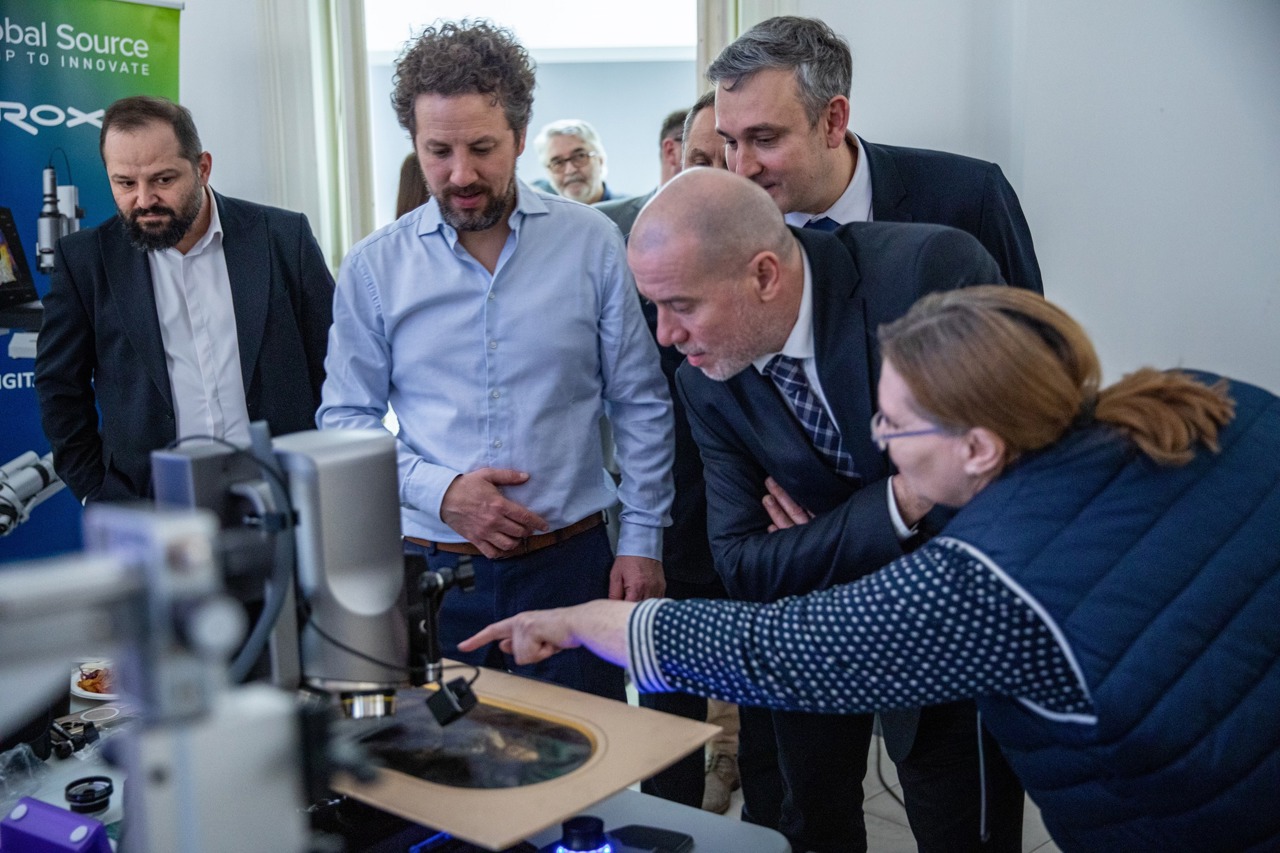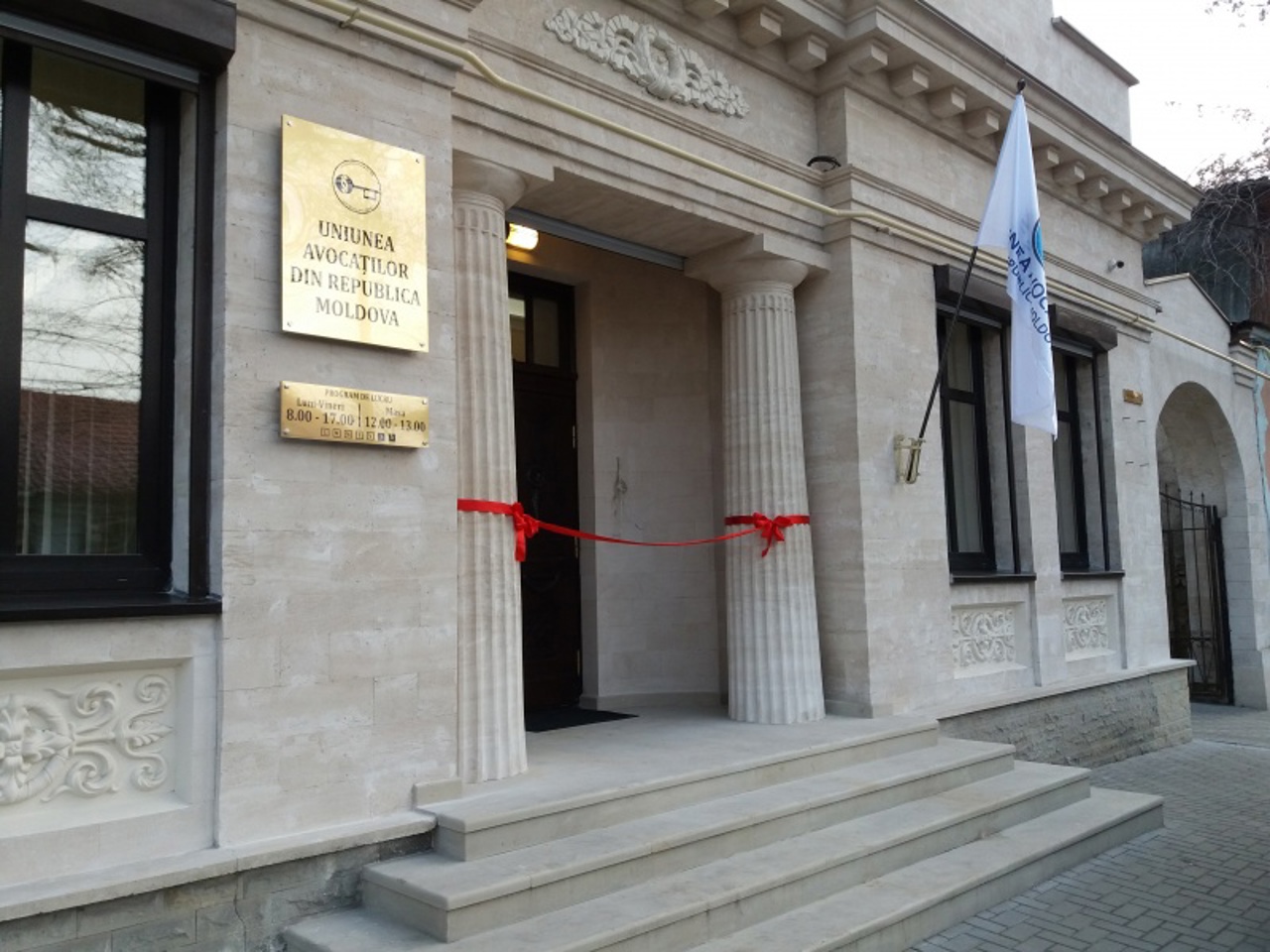The first container of Moldovan apples has arrived in India
The first container of Moldovan apples from the 2022 harvest has arrived in India, and four more will arrive at their destination by the end of this month, the Government announced in a press release. The container crossed more than 7,500 km by sea and reached its destination in 40 days.

"Facilitating the access of Moldovan exporters to new markets is one of the strategic priorities of the Government of the Republic of Moldova, especially after the disruption of logistics chains and the closure of some markets considered traditional. The opening of a new market for Moldovan apples is a success of the coordinated efforts between the public and private sectors", says Prime Minister Natalia Gavrilița.
The delivery of the 100 tons of apples is part of the Government's efforts to include the Republic of Moldova in the Plant Quarantine Order in India, which represents the list of countries authorized to export apples.
"We aim for long-term cooperation with India, which is a huge market, and exporting apples is a first step. India imports more than 430,000 tons of apples annually and we enjoy the demand for quality products from our country. We appreciate the very good cooperation with the Indian authorities in this regard", says the Deputy Prime Minister, Minister of Foreign Affairs and European Integration, Nicu Popescu.
The first exports to India were made by two agricultural producers, members of the Moldova-Fruct Association.
Several events dedicated to the promotion of exports to India are taking place these days in Mumbai and Chennai, with the participation of a delegation from the Republic of Moldova, made up of representatives of the Ministry of Foreign Affairs, the private sector and development partners.
If in 2020 Moldovan apples were exported to 11 countries, last year, they reached 30 destinations. Previously, the vast majority of apple exports were concentrated in a single market, but today export to distant markets by sea has become a common practice. This diversification requires higher quality standards, more complicated logistics and knowledge of the specifics of new markets.





